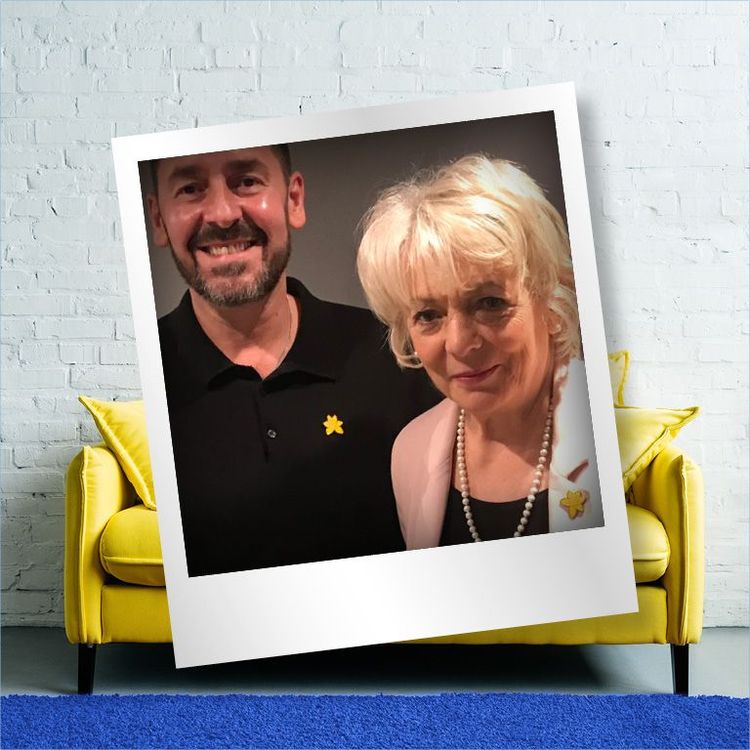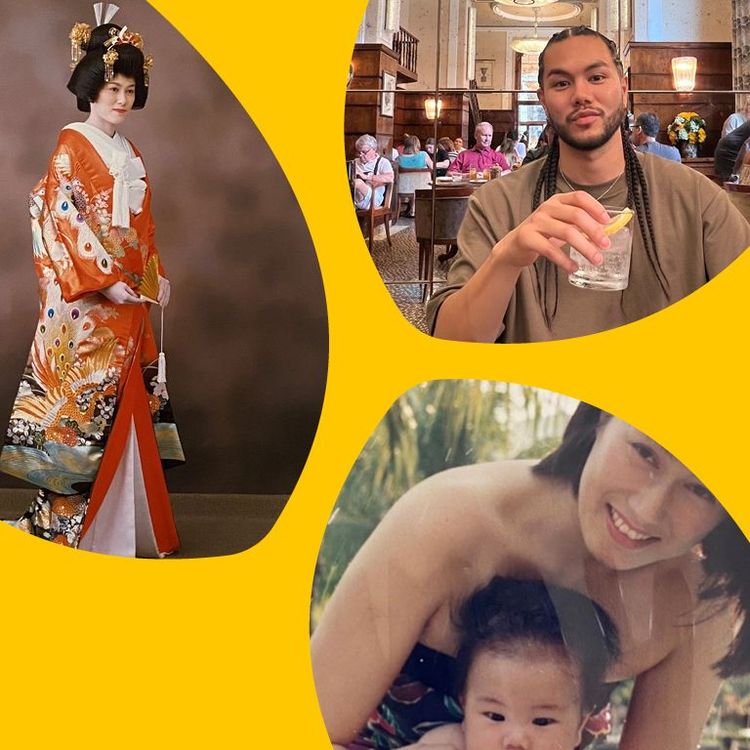If someone close to you is living with a terminal illness, it’s normal to experience pre-death grief. Bereavement counsellor Jane Murray explains how Marie Curie can help.
Anticipatory grief – feeling grief before someone dies – affects many people with a loved one nearing the end of life to some extent. But most people don’t realise that what they’re experiencing is grief.
The symptoms of anticipatory grief are the same as those of post-bereavement grief. There may be denial, anger, guilt. Some people describe an appointment where their loved one received a terminal diagnosis in vivid detail. They’re in shock. They may be emotionally overwhelmed, or they may be numb.
I sit with them. I tell them, “you’re grieving”. That acknowledgement, giving it a name, is often a light bulb moment. Just understanding that they’re grieving even though the person hasn’t yet died, helps them to start making sense of their emotions.
“People don’t realise they’re grieving when their loved one hasn’t yet died”
Pre-death, people grieve for the past they shared; for the things the illness means they can’t do in the present; and for the anticipated losses after their loved one has died. Knowing that their feelings are real and normal, that they aren’t going mad or failing in some way, is important.
I’ve been with Marie Curie for 35 years, initially as a nurse, before training as a counsellor. I wanted to know what more I could do, alongside the nursing care, to support my patients and their loved ones with what were often very raw emotions.
“Emotional support for patients and loved ones at the end of life is so important”
At Marie Curie, we see the nursing and emotional support we provide to our patients and their loved ones before a death as two halves of our vital holistic care. When someone first comes into the hospice, we let them, and their loved ones, know that we’re here with expert support whenever they need us. For some people that support is needed as much before the death as after a bereavement.
As well as bereavement counselling in our hospices, we offer bereavement support over the phone. I lead the Family Support team and manage our bereavement service at the Marie Curie Hospice, West Midlands.
“People may fear losing control if they get help for grief before bereavement”
Not everyone is ready to talk about anticipatory grief. They’re concerned about losing control of their emotions and not being strong for their loved one, or being unable to attend to their practical needs, especially if they’re the main carer. They feel they can't be emotionally vulnerable, or they worry they’re being selfish in seeking support for themselves.
But getting support for yourself is so important. In fact, getting help will build your emotional strength for when you’re with your loved one as well. It’s very sad when people say after a bereavement, “I wish I’d come sooner. I wouldn't have been struggling for so long”.
“We can help families to have really important conversations”
We provide loved ones with a confidential space, where they can say anything, including thoughts they don’t want to share with the person who’s ill or with others, because they don’t want to upset them. Saying those things can be such a relief. We also support parents to think about how to talk to their children about death, and we work a lot with children too, often using creative ways to help them express their feelings.
A key element of the pre-bereavement counselling we do is to help people find ways to have important conversations with their loved ones before they die. And that is so powerful for them and for the person who is ill. Afterwards, family members often tell me they’re so glad we encouraged them to have those rich, meaningful conversations, to say what they wanted to say.
I remember a woman whose husband was living with a terminal illness, and she was his main carer. There wasn’t much family or friendship support around them. As his health declined, so too did so her emotional state, and her grief intensified. That mirroring of the illness is very common in anticipatory grief. One day she was trying to lift him, and she just couldn’t. She felt so weak, and she realised that if she was trying to be strong all the time, she needed help too.
She began weekly counselling sessions and having that space for her, to pour it all out, was transformative. It enabled her to keep caring for her husband and it built her emotional resilience.
After his funeral she said that, without support for her anticipatory grief, she would have been in a far worse place. She felt much stronger. The work we did had enabled her to be open and honest with him, to have no regrets. And she was able to transfer the coping mechanisms she had developed into her post-bereavement grief.
I can't wave a magic wand and make grief better. But I can be alongside someone in their emotional pain, listen to them, encourage them to tell me how they feel, so they’re not alone. I can help someone learn to live their life with their loved one in their heart but not physically present. It’s such rewarding work.
If you need practical or emotional support or information about grief or bereavement, or would like to find out about our Bereavement Support Service, call our free Support Line on 0800 090 2309, or visit our grief information pages.
All rights reserved. Contact stories@mariecurie.org.uk for more information.



